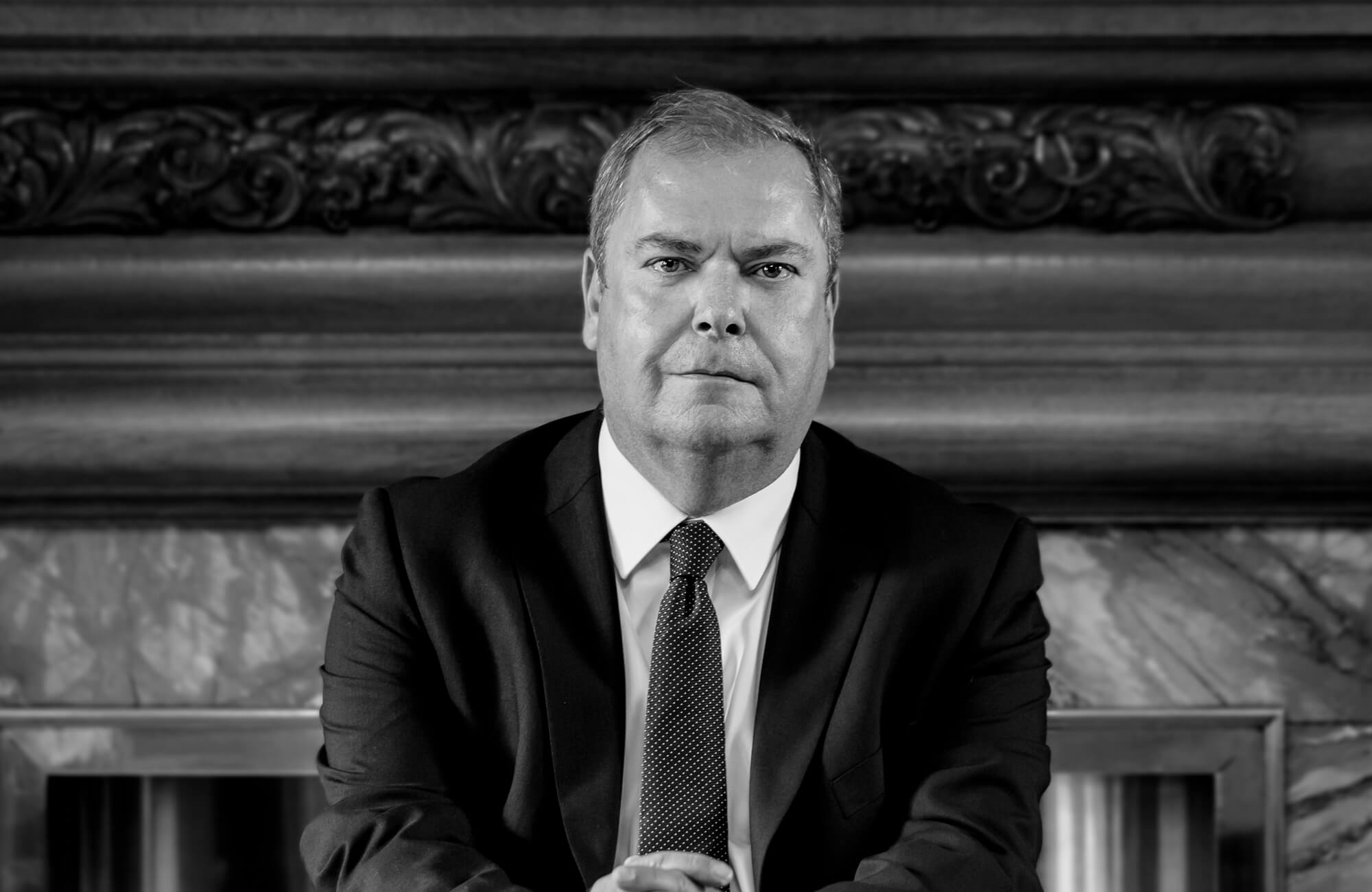In Chen v Ng (British Virgin Islands) [2017] UKPC 27, the trial judge rejected Mr Ng’s evidence on the basis of matters that were never put to him in cross-examination. The judicial committee of the Privy Council allowed an appeal on this basis and remitted the case for re-trial.
The case concerned a dispute about the ownership of shares. Normally an appeal court does not interfere with a judge’s conclusion of fact unless it is one “no reasonable judge could have reached” or the decision “cannot be reasonably explained or justified”. The appeal court usually makes allowances for the trial judge, even if it considers it may have come to a different conclusion. The generosity of appeal courts to trial judges is neatly summed up by Lord Hoffman quoting himself in Piglowska v Piglowski [1999] WLR 1360, 1372:
“If I may quote what I said in Biogen Inc v Medeva Plc [1997]
‘…[S]pecific findings of fact, even by the most meticulous judge, are inherently an incomplete statement of the impression which was made upon him by the primary evidence. His expressed findings are always surrounded by a penumbra of imprecision as to emphasis, relative weight, minor qualification and nuance … of which time and language do not permit exact expression, but which may play an important part in the judge’s overall evaluation.’
… The exigencies of daily court room life are such that reasons for judgment will always be capable of having been better expressed.”
This normally gives the most careless of judges a get out.
In Chen v Ng (British Virgin Islands) [2017] UKPC 27, the trial judge rejected Mr Ng’s evidence on the basis of matters that were never put to him in cross-examination. The judicial committee of the Privy Council allowed an appeal on this basis and remitted the case for re-trial.
The case concerned a dispute about the ownership of shares. Normally an appeal court does not interfere with a judge’s conclusion of fact unless it is one “no reasonable judge could have reached” or the decision “cannot be reasonably explained or justified”. The appeal court usually makes allowances for the trial judge, even if it considers it may have come to a different conclusion. The generosity of appeal courts to trial judges is neatly summed up by Lord Hoffman quoting himself in Piglowska v Piglowski [1999] WLR 1360, 1372:
“If I may quote what I said in Biogen Inc v Medeva Plc [1997]
‘…[S]pecific findings of fact, even by the most meticulous judge, are inherently an incomplete statement of the impression which was made upon him by the primary evidence. His expressed findings are always surrounded by a penumbra of imprecision as to emphasis, relative weight, minor qualification and nuance … of which time and language do not permit exact expression, but which may play an important part in the judge’s overall evaluation.’
… The exigencies of daily court room life are such that reasons for judgment will always be capable of having been better expressed.”
This normally gives the most careless of judges a get out.

